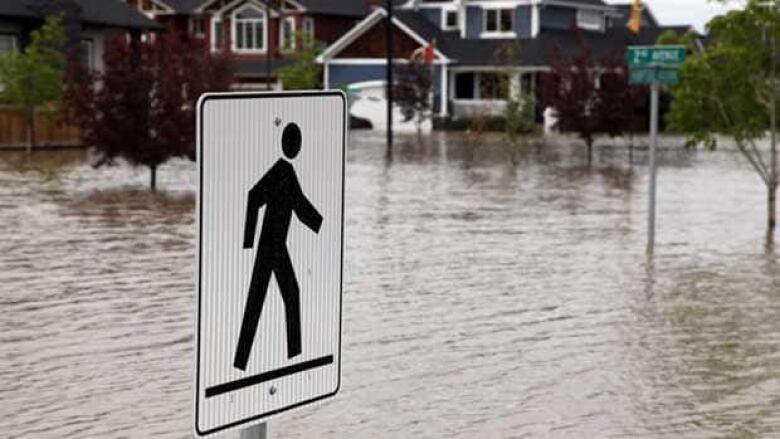Emergency medical cards help rural Albertans with special needs better communicate with first responders
Foothills SNAPS says program meant to enhance MedicAlert bracelets

A non-profit organization that servesspecial needs Albertans living in rural areas has developed a program to help its clients better communicate with police, paramedics and firefighters.
The 1stResponse Emergency Details, or 1st R.E.D., is a pocket-sized card that provides first responders with important patient medical information.
The executive director of the Foothills Special Needs Association for Parents and Siblings (SNAPS) said the need for such a tool became glaringly apparent after the 2013 floods.
- MORE ALBERTA NEWS | Supply glut worries send oil briefly below $40 US
- MORE CALGARY NEWS |Tragically Hip fans full of smiles and nostalgia at Calgary concert
"They were so high with anxiety that they were unable to communicate, they were scared, they were nervous, there was nothing familiar about what was going on," Orvella Small told the Calgary Eyeopener on Tuesday.
"It was all different, so they found it very,very difficult to know who to trust, who to talk to."
Small said many seniors who were evacuated from their homes in High River leftwithout their medication, which was difficult to replace.

Enhance MedicAlert bracelets
Small said the 1st R.E.D. card is not meant to replace a MedicAlert bracelet, but rather, enhance it.
The card contains the individual's picture, address, Alberta Health Care number, diagnosis, medications and "support strategies."
"If the person was non-verbal or not able to communicate, they [first responders] would have strategies to be able to communicate with them," said Small.
She's already seen the success of these support strategies, pointing to an example of a little girl who was recently admitted to hospital using her 1st R.E.D. card.
"And when the doctor came into the room where the patient was, the first thing the doctor did was start talking to the little girl about Disney characters and Disney princesses It meant that the little girl opened up and talkedto the doctor right away."
Small said Foothills SNAPS has already done a "great deal of training" with first responders in the Foothills and Willow Creek regions so they know to ask for the card, or look for it.
The group has signed up about 150 people for the card and has a goal to issue a total of 500 by September.

With files form the Calgary Eyeopener












_(720p).jpg)


 OFFICIAL HD MUSIC VIDEO.jpg)
.jpg)



























































































